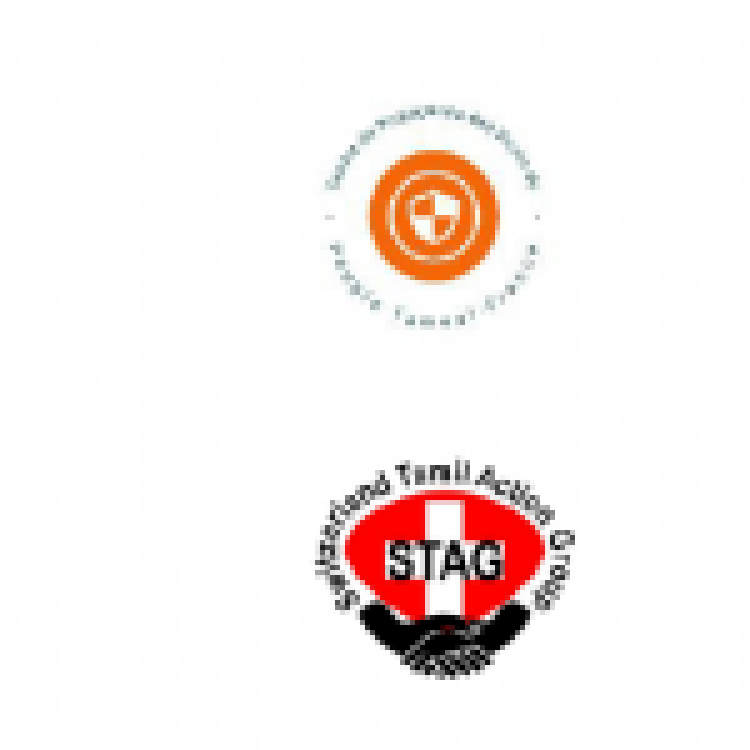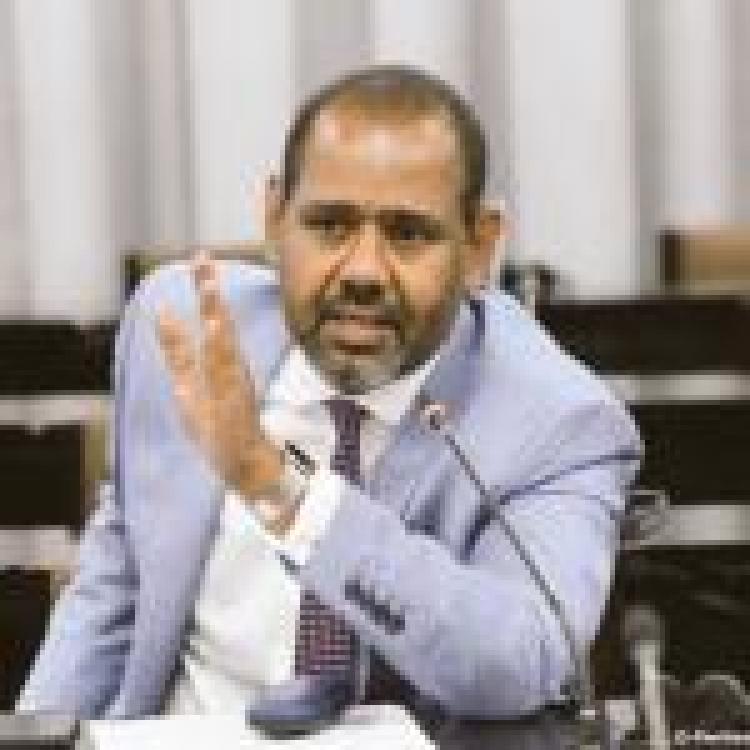.jpeg)
After touring the island and presenting copies of a newly signed declaration with Sinhala Buddhist clergy, the Global Tamil Forum (GTF) made a stop on their circuit to take photographs alongside accused war criminal Mahinda Rajapaksa.
Rajapaksa oversaw the military campaign that saw hospitals indiscriminately shelled and tens of thousands of Tamils killed in the final months of the armed conflict, which is increasingly being recognised as a genocide.
He is currently barred from entry into Canada over his human rights record.
Regardless, the GTF found time to meet with the former president, to hand over the recently signed ‘Himalaya Declaration’. The initiative, made up of six vague statements around reconciliation, has been criticised widely from across the Tamil diaspora and by politicians in the North-East.
.jpeg)
.jpeg)
Though the Tamil National People’s Front (TNPF) told the Tamil Guardian it had refused to meet with the GTF, the organisation still travelled across the island in the last week, presenting the declaration in various meetings.
That has included Sinhala officials who remain ardently opposed to war crimes prosecutions and international accountability mechanisms, including Sri Lanka’s former Public Security Minister Sarath Weerasekera, former Sri Lankan president Maithripala Sirisena and current president Ranil Wickremesinghe.
.jpeg)
.jpeg)
.jpeg)
The GTF also met with ageing and under fire Tamil National Alliance (TNA) leader R Sampanthan and alliance spokesperson M A Sumanthiran.
.jpeg)
In Colombo, the GTF also met with the heads of international missions in the Sri Lankan capital, including US, UK and Swiss diplomats.
The US ambassador to Sri Lanka tweeted, "We welcome their laudable initiative to expand cross-community understanding and seek lasting reconciliation".
It was an honour to meet with the @GTFonline and Buddhist Monks and to support the Himalayan Declaration, which outlines a vision for a united, pluralistic and peaceful Sri Lanka. A significant step towards reconciliation. pic.twitter.com/V7lyU5stwa
— Ambassador Siri Walt (@SwissAmbLKA) December 12, 2023
The GTF was a major Tamil diaspora umbrella organisation at its formation in 2009, however its membership now consists of only the Canadian Tamil Congress (CTC) and Norwegian Tamil Forum (NTF), as well as individual members.
Read more on the initiative in our editorial: A whitewash

.jfif)

